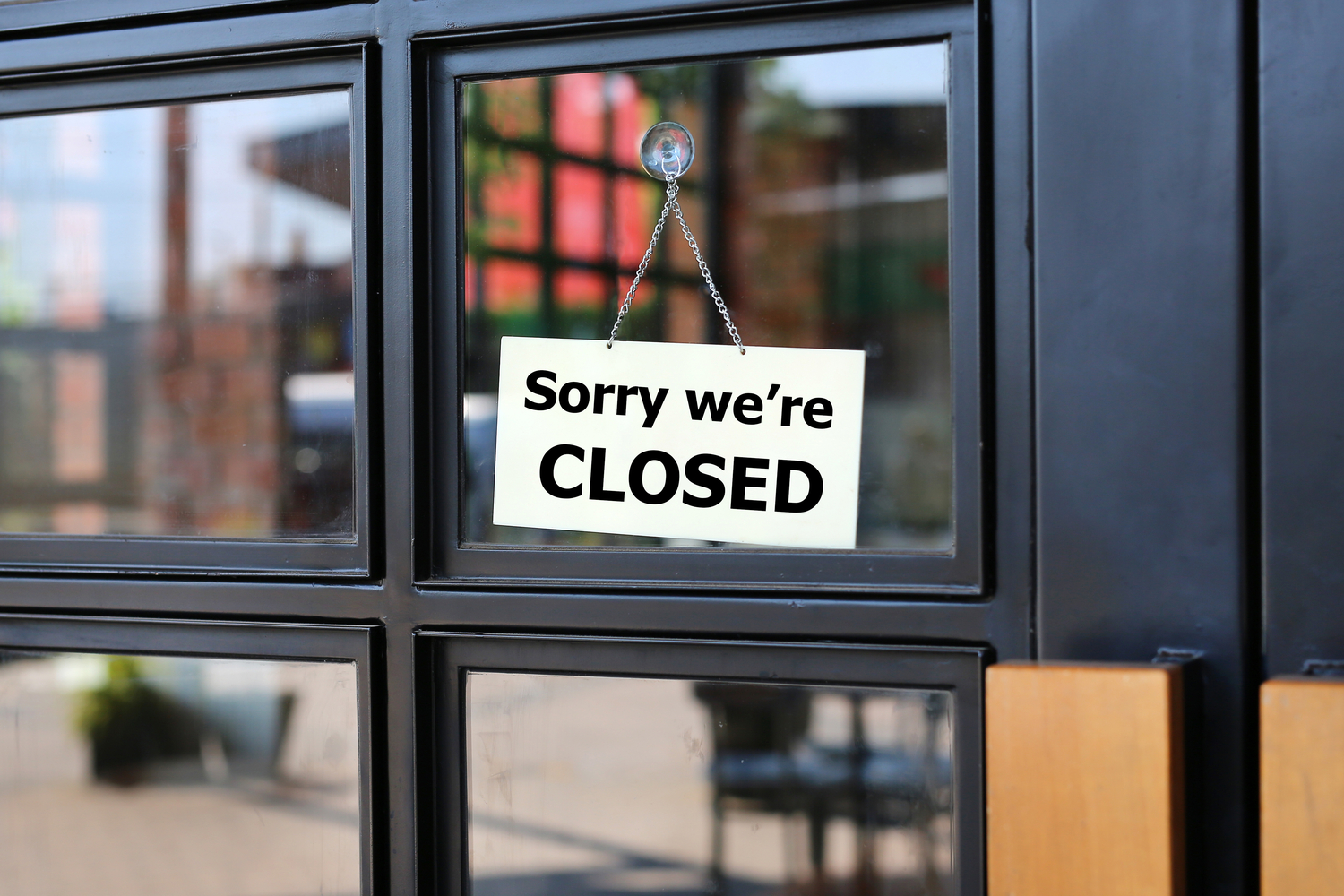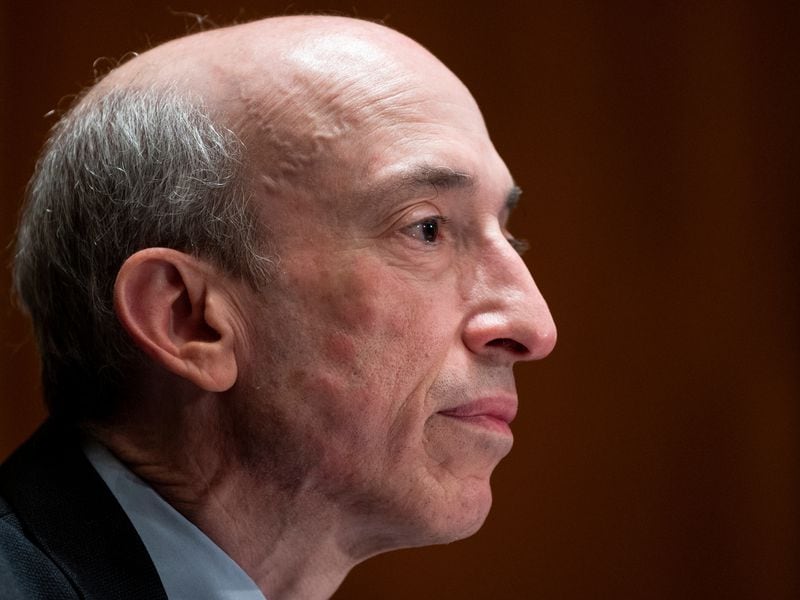Fed Governor Bowman Says U.S. CBDC May Pose ‘Significant Risk’
-
Introduction of a U.S. CBDC could pose “significant risks” for the financial system, Bowman said.
-
She sees other payments services, including FedNow, as better alternatives.
U.S. Federal Reserve Governor Michelle Bowman is uncertain if the U.S. needs to get into the central bank digital currency (CBDC) business.
“The potential benefits of a U.S. CBDC remain unclear, and the introduction of a U.S. CBDC could pose significant risks and tradeoffs for the financial system,” Bowman said Tuesday at a Harvard Law School event in Washington.
The Fed is researching the possibilities of a digital U.S. dollar and would likely be the government entity to issue it. However, officials, including Chairman Jerome Powell and Vice Chairman for Supervision Michael Barr, have said the central bank won’t make a move without White House sign-off and authorization from Congress. And Republican lawmakers have pushed legislation to ban the U.S. government from taking that step.
“We have seen a range of arguments in the public debate about issuing a CBDC, including addressing frictions within the payment system, promoting financial inclusion, and providing the public with access to safe central bank money,” said Bowman, one of seven members of the Federal Reserve Board that oversees U.S. payments systems and banking. “I have yet to see a compelling argument that a U.S. CBDC could solve any of these problems more effectively or efficiently than alternatives, or with fewer downside risks for consumers and for the economy.”
She noted that the central bank has already launched FedNow – a real-time payments clearing system through the U.S. banking system – and that Wall Street banks have also backed a similar private system, so consumers can now move money immediately.
“It is quite possible that other proposed solutions may address many or all of the problems that a CBDC would address, but in a more effective and efficient way,” she said.
Bowman also flagged the risks she sees from private stablecoins, the tokens linked to steady assets such as the dollar that are integral to the crypto markets.
“Stablecoins purport to have convertibility one-for-one with the dollar, but in practice have been less secure, less stable, and less regulated than traditional forms of money,” she said, suggesting the Fed should be figuring out how to impose bank-like regulation on the issuers of these tokens.
Edited by Aoyon Ashraf.









